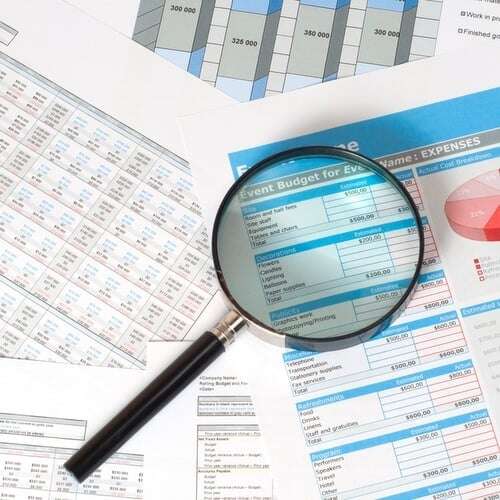2 tips to get more out of an ERP system

Enterprise resource planning software fulfills a lot of different roles in terms of performing valuable functions automatically for businesses. In other words, ERP software streamlines a wide variety of processes that would otherwise require the time and attention of employees. Instead of studying individual data streams and compiling the results, staff members can instead spend their time analyzing the information an ERP system gathers and presents.
It’s important to note that ERP platform can’t do everything, however. One of the greater issues is they can’t optimize themselves. Businesses need to take steps outside the system to make sure ERP is working as well as it possibly can. To that effect here are a couple pieces of advice:
Follow and adhere to the update schedule
It can be tempting to skip a software update, especially when the changes are relatively small or don’t have a major effect on the aspects of an ERP system used by a company. However, this kind of attitude is short sighted. Without following a regular update schedule recommended by the developer, organizations run the risk of both operability and security issues. System updates are much easier to complete when they’re performed at the suggested time, instead of completing multiple updates in sequence. Additionally, a lack of current software can make it difficult for businesses to upgrade their software by adding new modules to the system. While the benefits are often modest and diffuse instead of major and easily recognizable, taking care of updates makes an ERP system more effective and, ultimately, more useful.
Work with a knowledgeable partner
It’s much easier to invest extra time and effort at the beginning of the ERP process as opposed to the end. Companies that are deliberate at the beginning of the process may lose a few weeks or months due to that care, but they know they’ll realize the benefits in the months and years to follow. Choosing the right ERP platform is crucial because the software has to be the best fit possible and provide the most-relevant functionality for a given company. A good ERP partner will help companies determine exactly which platform is the best for their unique situation. Additionally, a strong partner will be able to share their organizational experience and knowledge to smooth over internal issues with ERP.


